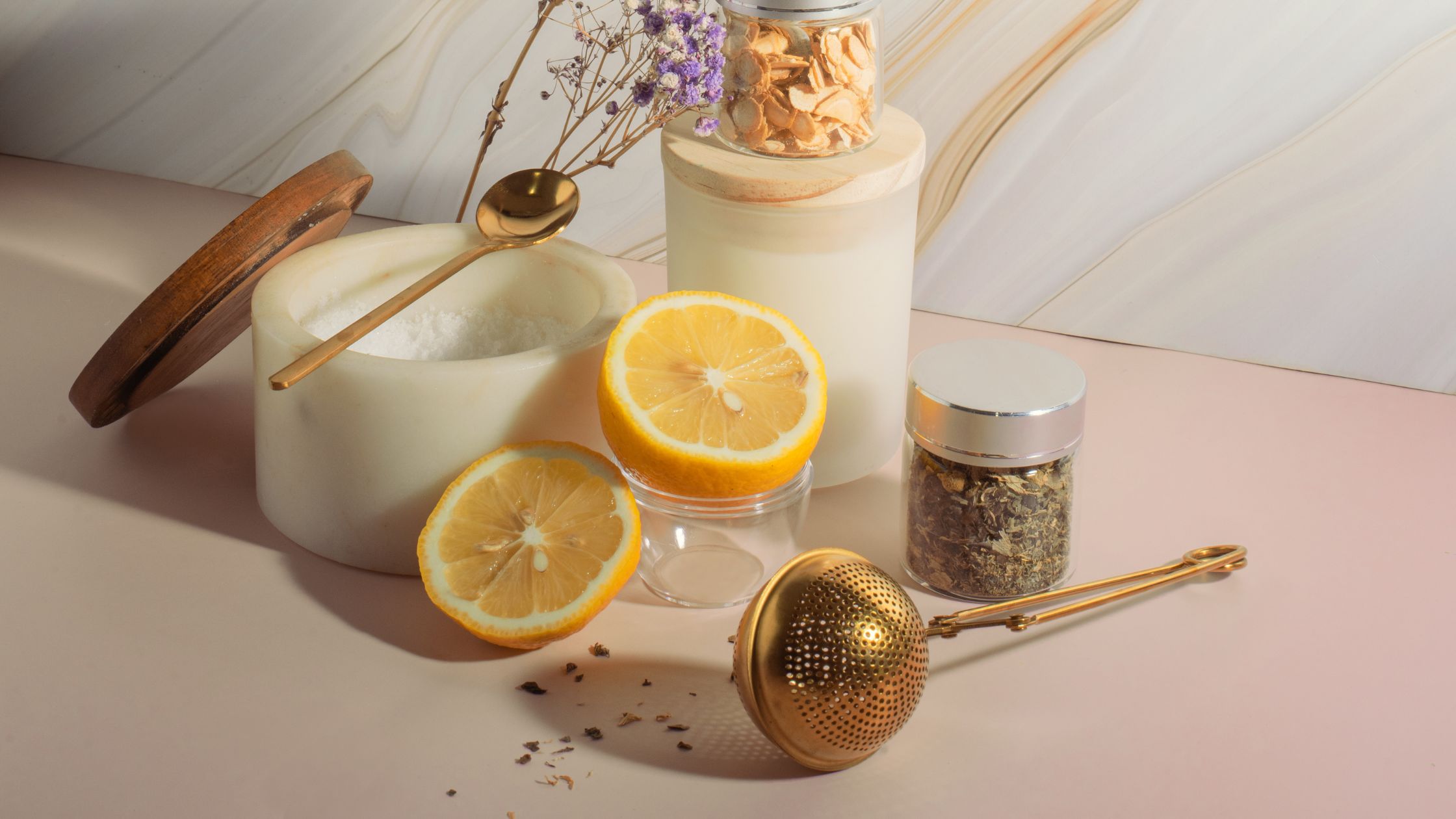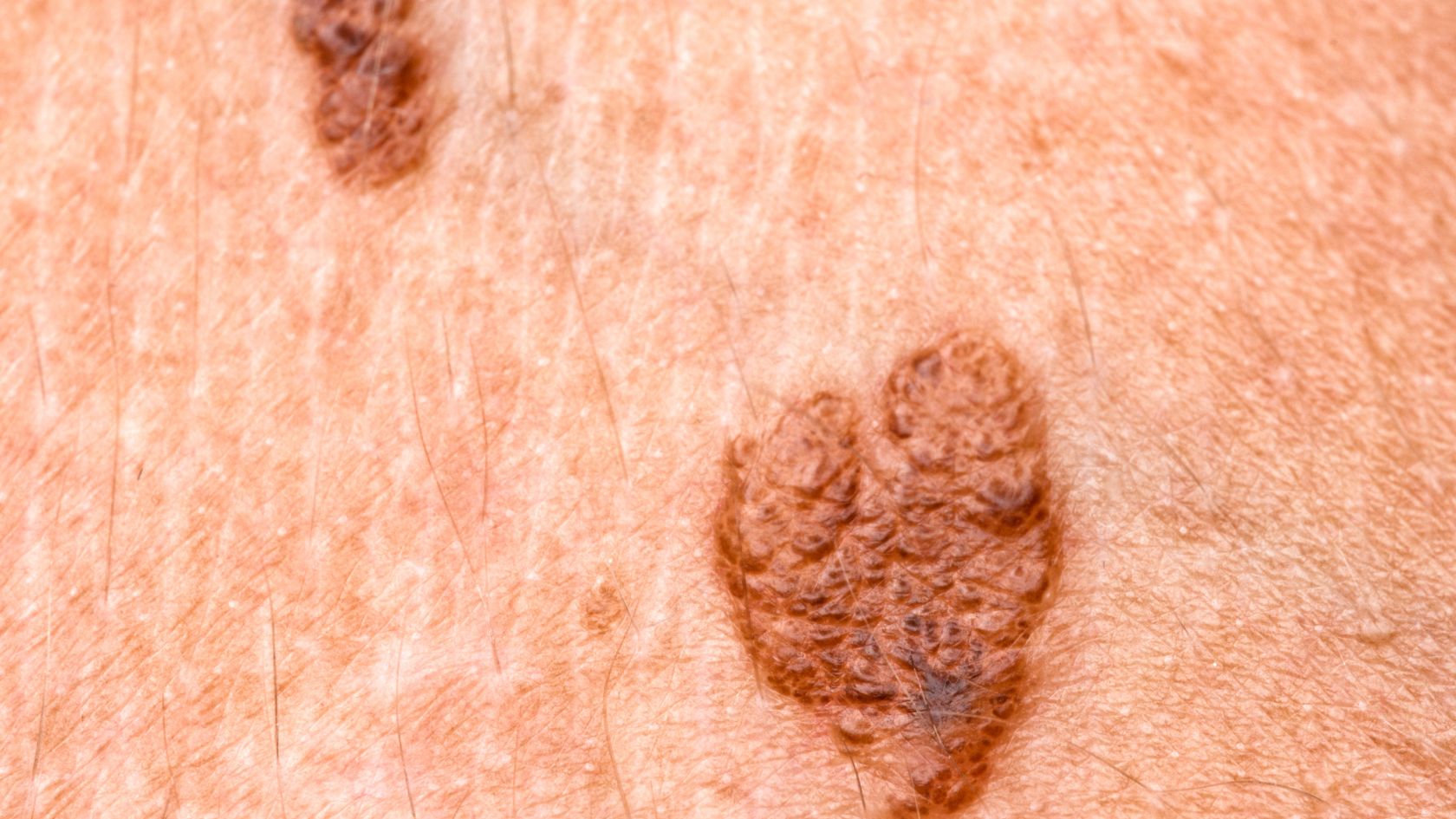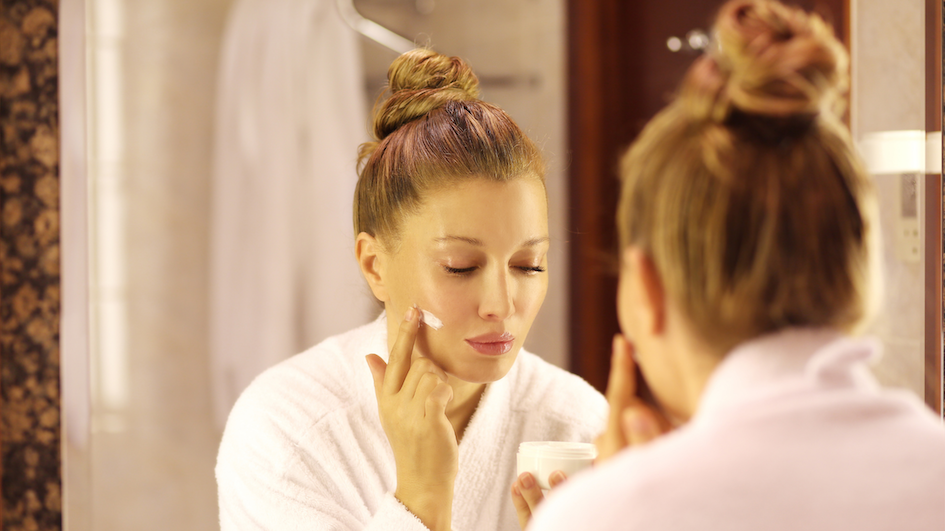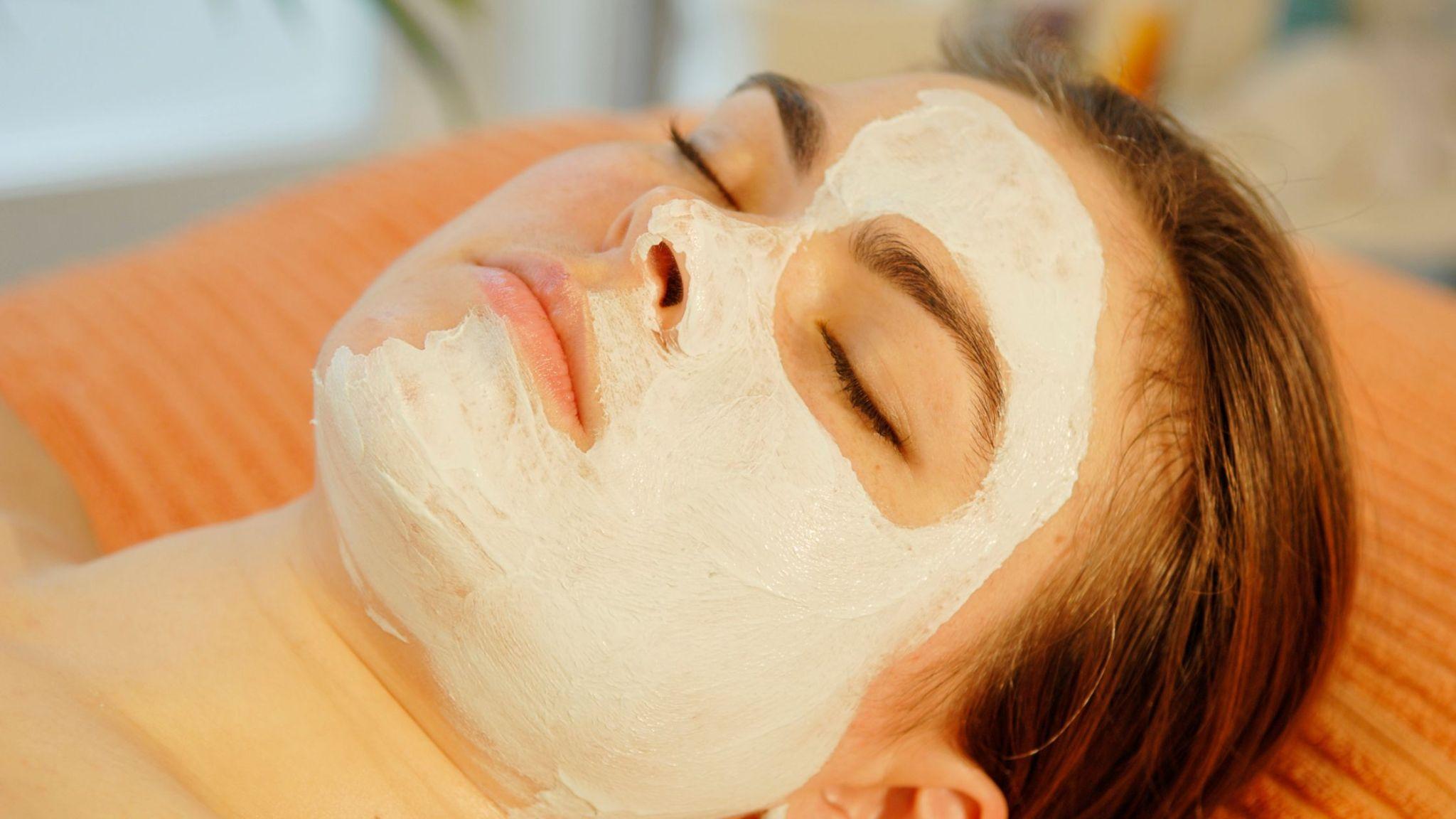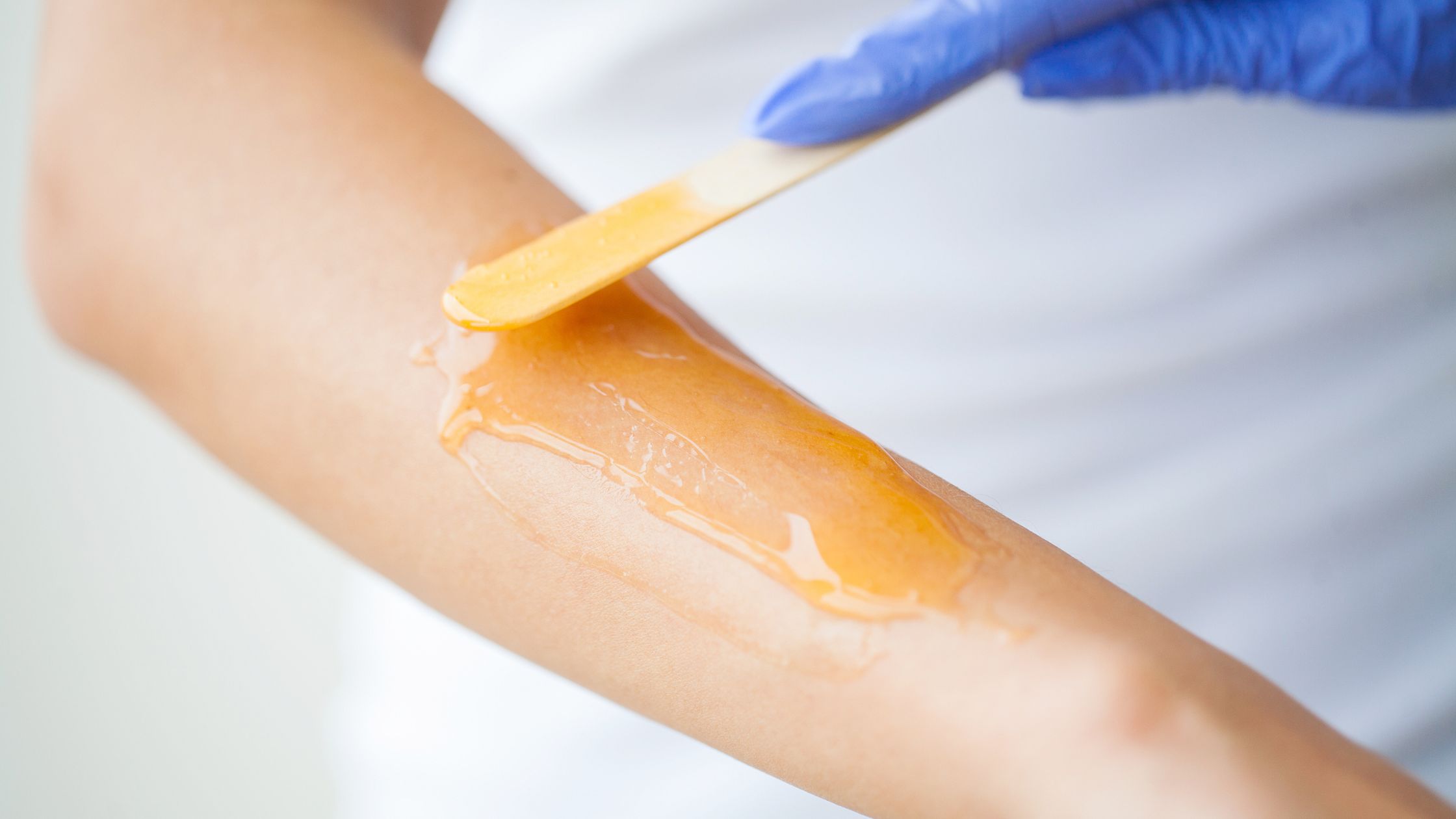How does menopause affect your skin?
Here is how menopause negatively impacts your skin:
Dryness: The sex hormone estrogen reduces during menopause. Incidentally, this hormone promotes water retention in your body. So, during menopause, your body loses its ability to hold back water, which impacts the level of moisture content that contributes to the plumpness of your skin.
Sagging: Ever heard of collagen? It is an essential protein that also forms the basic building block of your skin. It is responsible for keeping your skin tight, firm, elastic, and strong. As we age, the level of collagen reduces. Secondly, the level of estrogen is directly proportional to the level of collagen. So, during menopause, the collagen level reduces considerably, resulting in sagging.
Pigmentation: Also known as melasma, pigmentation is the brown patches on your skin that typically appear due to continuous exposure to UV rays. Interestingly, not just sun rays, even hormone fluctuation that happen during menopause can also cause pigmentation.
Acne: It is a widely known fact that hormonal imbalance is the number one cause for acne. And menopause is a time when there is a substantial shift in your hormone levels. So don’t be surprised if the dreaded acne makes a comeback during your menopause.
Remember, it is not necessary for everyone to experience all the above symptoms of menopause. But if you do experience them, here are some handy tips to manage them.
Skincare tips for menopause skin
Here are some tips you can follow to handle various skin issues you face during menopause:
Tip #1: Use mild cleansers
If you experience dry skin, always use a mild cleanser while bathing. Regular soaps can be incredibly drying, particularly for mature skin found during menopause.
Tip #2: Apply Moisturizer
Use a moisturizer containing hyaluronic acid and glycerin, and apply it generously after your bath. You can continue to use them throughout the day whenever your skin feels dry. Make sure you use a fragrance-free moisturizer if you experience skin irritation or rashes easily.
Tip #3: Apply sunscreen
Sunscreens delay the onset of jowls, slack skin, and wrinkles, which typically surface during menopause. Apply sunscreen on your face, neck, arms, and any other place that your clothes won’t cover. Do this even if it is winter or you stay at home.
Tip #4: Do a skin cancer screening
Here is the harsh reality – as you age, your risk of getting skin cancer increases. This means it becomes extremely important to have regular skin cancer screenings. Also, if you notice any pre-cancerous growths in your body, pay a visit to the dermatologist immediately. The sooner you visit them, the more treatable the condition is.
Tip #5: Use skin care products with retinol or peptides
If you are experiencing wrinkles or jowls, you can switch to skin care products with retinol or peptides. These ingredients have the ability to increase collagen in your skin, which can improve the above conditions.
Tip #6: Use an eye cream for addressing specific concerns
Your eyes are one of the first areas to be affected by old age and menopause. During this time, you can experience a variety of issues, such as crepey skin, crow’s feet, or puffiness. So, pick an eye cream that is tailored to treat a specific condition for maximum effectiveness. For example, you can use an eye cream with caffeine to de-puff the skin or use a retinol-based eye cream to treat crow’s feet.
Tip #7: Eat food rich in antioxidants
When you eat foods rich in antioxidants, your skin becomes stronger from the inside out. These foods help in increasing the precursor to collagen in our body. So, your skin remains plump, tight, and youthful even if you hit menopause. Look out for brightly colored vegetables and fruits as they contain a lot of antioxidant properties.
In case none of the above treatments work, then it means it is the time to pay a visit to your dermatologist. They can offer more tailored solutions to the above problems so that your skin can be healthy once again. Let us now look at the different questions you must ask your dermatologist the next time you visit them.
What to ask in your next dermatology visit?
- Ask your dermatologist about how and when to perform a self-examination of your skin. This is important to identify skin cancer early on.
- If you have age spots, ask your dermatologist for various age spot treatments. Never apply medicines or creams for managing age spots without consulting a dermatologist because it can worsen the condition.
- If you have dry skin even after moisturizing continuously, ask your dermatologist for next steps. They may recommend a more effective treatment for your skin type. While home remedies are good, they may not be suitable for all skin types.
- In case you have a lot of facial hair after menopause, ask your dermatologist for different treatments for facial hair removal. Your options typically include laser hair removal and hair-reduction creams.
Wrap Up
One of the biggest complaints that we hear from women who hit menopause is their degrading skin health. Thankfully, this need not be the case for you if you follow all the above skincare tips for menopause. If you need to consult an experienced dermatologist to treat any of the above conditions, book an appointment with Dr. Renu now. She is the best dermatologist in Bangalore and has several years of experience in treating different kinds of skin conditions.






